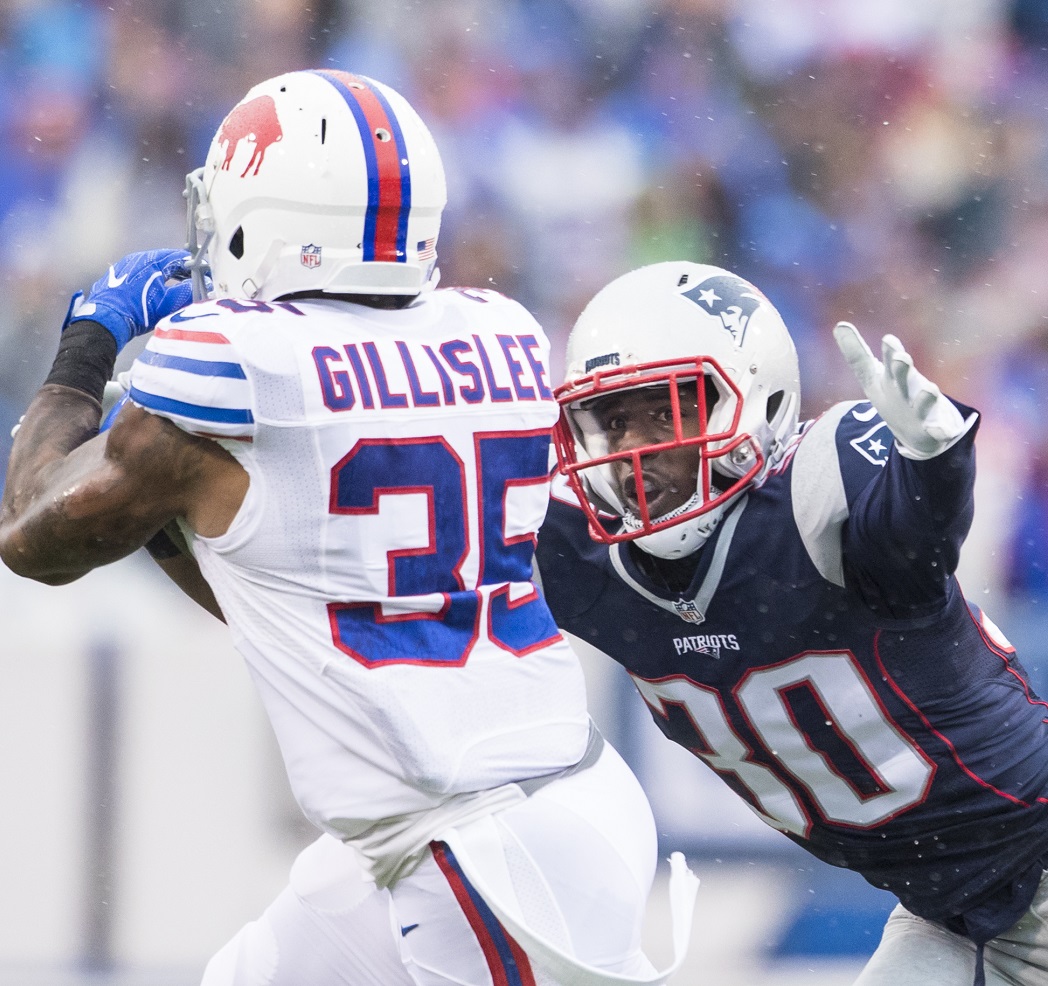Last week, our Narrative Street series explored whether or not the Patriots really do “shut down” their opponent’s No. 1 fantasy option. As it turns out, they have indeed been one of the three best teams in the league at slowing a team’s primary weapon.
Naturally, this “Patriots shut down their opponent’s best weapon” narrative has a second part: Because the Patriots force their opponent to beat them without their best weapon, then fantasy players should target a team’s secondary options when said team is playing against the Patriots. After all, those secondary options would be leaned on more often than usual — right?
That’s what the narrative says. Let’s see if it rings true.
The narrative: New England opponents' No. 2 and No. 3 options become better fantasy targets because they will be relied on more often than usual.
If it's true that New England shuts down an opponent's best player, then it stands to reason that the Patriots' opponents will lean more heavily on their secondary options, and therefore the No. 2 and 3 options could fare better against New England.
The research
To keep the research consistent across articles, I used the same methodology as before. So I looked at 2014-2016 data and identified each team’s second- and third-best players by fantasy points per game, with a minimum season-long snap threshold of 25 percent. This gave the list of the 192 players who served as their team’s second- and third-best players from a fantasy perspective over the past three seasons. Of those 192 players, 113 were wideouts, 56 were running backs and 23 were tight ends.
I then looked at how each team’s No. 2 and No. 3 options fared against every team in the league, and vice versa (how each team fared against opposing No. 2s and 3s).
The findings
- Against wide receivers
Wide receivers who serve as their team’s secondary or tertiary fantasy options typically score about 2.2 percent fewer fantasy points when playing against the Patriots compared to their season average.



 © 2025 PFF - all rights reserved.
© 2025 PFF - all rights reserved.